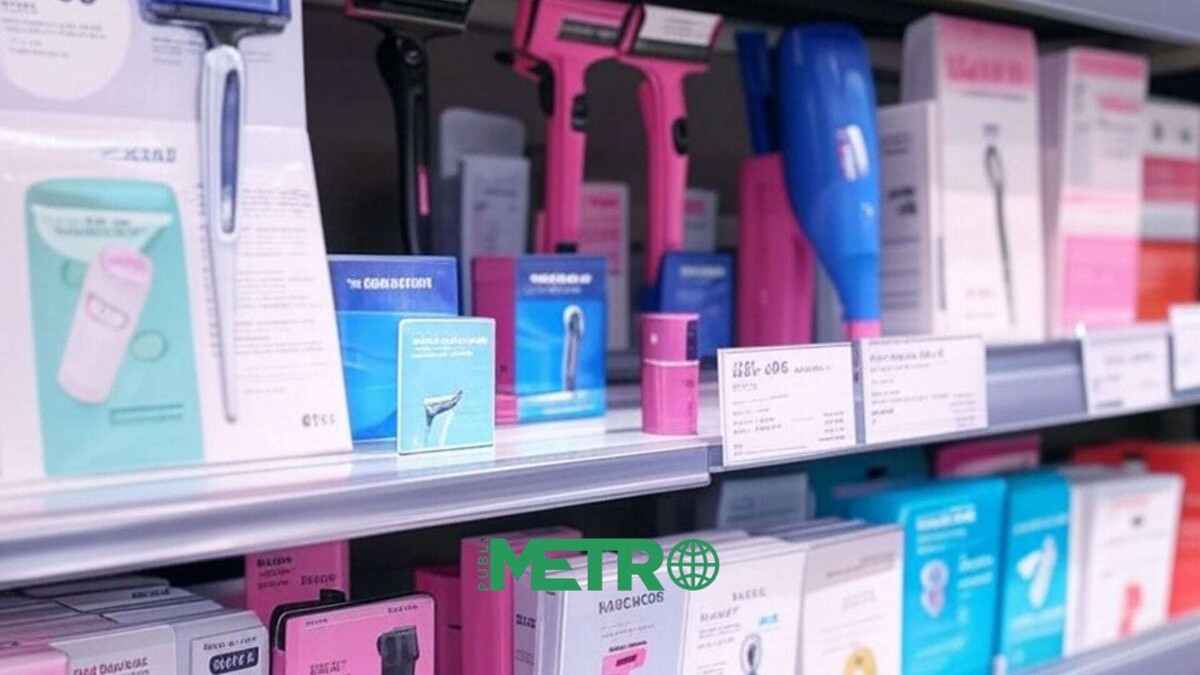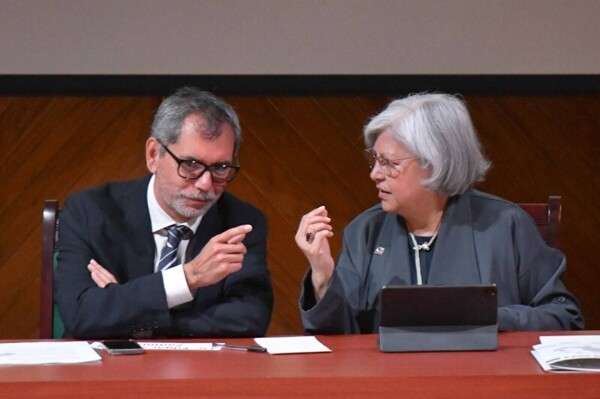
The concept of the pink tax reflects gender stereotypes and sexism in the market, reinforcing inequality and directly affecting women's self-esteem and confidence. This phenomenon is not limited to Mexico but is observed globally, causing a negative impact on the economy considering that women represent up to 80% of consumer spending.
In Mexico, there are laws aimed at preventing and sanctioning these discriminatory practices. The Federal Consumer Attorney's Office (Profeco) has addressed this key issue in its magazine through the article titled "Gender Equality: Equitable Access to Goods and Services." The so-called pink tax refers to the disproportionate tax burden that women face in Mexico, promoting gender equality and protecting women's right to equitable access to goods and services.
To avoid the pink tax, Profeco highlights the importance of raising awareness and adopting measures to promote gender equality in the market. They recommend that consumers research before purchasing, choose products that do not reinforce gender stereotypes, and share concerns with friends and family to advocate for a more inclusive and respectful market for all genders.
On the occasion of International Women's Day, it is essential to understand what the pink tax means and its relation to the feminist struggle. Products and services specifically aimed at women, such as feminine hygiene items, clothing, and accessories, often have higher prices compared to similar products for men due to this discriminatory practice. Equality in access to goods and services is a fundamental right that is crucial for building a more just, inclusive, and respectful society for all individuals.














